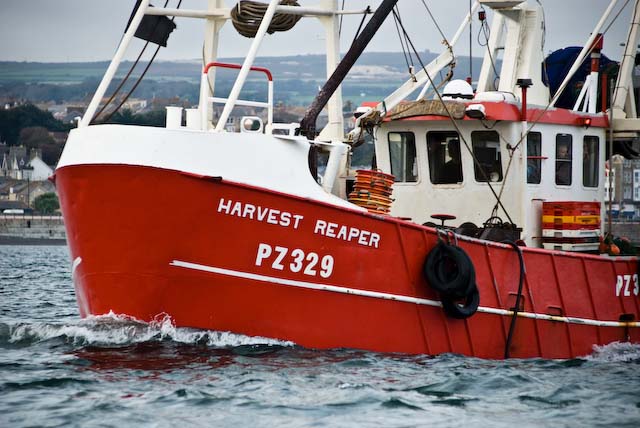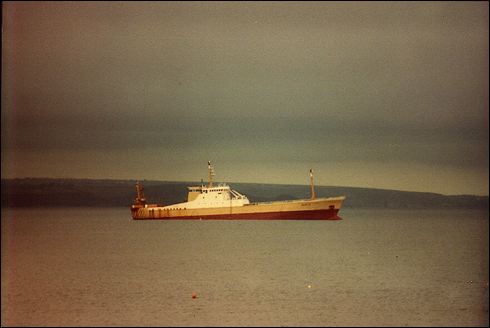 |
| A typical under 12m trawler - the Harvest Reaper. |
Read this review of e-log books published earlier this year by the World Academy of Science and Engineering.
Welcome to Through the Gaps, the UK fishing industry's most comprehensive information and image resource. Newlyn is England's largest fish market and where over 50 species are regularly landed from handline, trawl, net, ring net and pot vessels including #MSC Certified #Hake, #Cornish Sardine, handlined bass, pollack and mackerel. Art work, graphics and digital fishing industry images available from stock or on commission.
 |
| A typical under 12m trawler - the Harvest Reaper. |
 |
| Industrial freezer trawler |